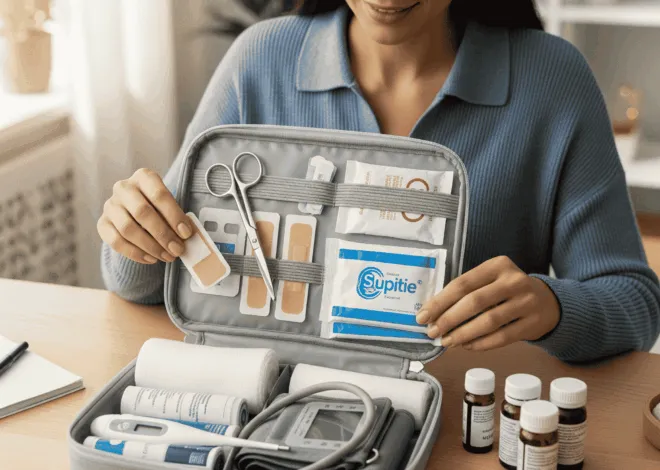Pregnancy can be a beautiful time in your life, but it also can be a risky one. When you are pregnant, you may have problems with your liver that can put both you and your baby at risk. Some liver problems, such as cholestasis, occur only during pregnancy, while other liver diseases, such as hepatitis, may be passed on to your baby during delivery.
Cholestasis of Pregnancy
If you suffer from cholestasis, bile that usually flows from your gallbladder or your liver is blocked and the bile builds up and spills into your bloodstream. Often, the only sign of cholestasis is itching in the hands and feet, though you may also have dark urine, jaundice and nausea. Only about 1 out of 1,000 women end up with cholestasis, according to the American Pregnancy Association. If you should get cholestasis, your doctor may prescribe ursodeoxycholic acid, an anti-itch medicine that also improves the flow of bile.
Preeclampsia/HELLP Syndrome
Preeclampsia results in high blood pressure and protein in your urine, usually after the 20th week of pregnancy, according to the Mayo Clinic. In about 10 percent of cases, preeclampsia can develop into HELLP syndrome (Hemolysis, Elevated Liver enzyme levels and a Low Platelet count). HELLP syndrome usually develops in the final trimester. Common symptoms include nausea, vomiting, headache and feelings of fatigue. Occasionally, the liver will be enlarged and the doctor will be able to feel it upon examination.
Hepatitis During Pregnancy
A mother may have hepatitis A, B, or C while pregnant. Usually, acute infections will clear up on their own without medication. If you have a chronic infection, you shouldn’t take the antiviral medications commonly used to treat hepatitis B and C while pregnant or when you are planning to become pregnant, as they can harm your baby. The chance of you passing hepatitis A or C to your baby is very low — you have about a 10 to 20 percent chance of giving hepatitis B to your baby, according to the March of Dimes. The baby should be vaccinated immediately after birth if you have hepatitis B, which prevents a majority of cases of hepatitis B in babies.
Who’s Most at Risk
If you had cholestasis during a previous pregnancy, or if your mother or another female relative did, you are at a greater risk of having it in future pregnancies. If you are Swedish or Chilean, you have an increased risk for cholestasis as well, according to the American Pregnancy Association. Although all women are at risk for HELLP syndrome, Caucasian women over age 25 are at increased risk, advises Family Doctor. You can protect yourself from hepatitis by practicing safe sex and not sharing your personal items. If you have not been vaccinated for hepatitis A or B, you should get the vaccines either before or during your pregnancy.
Risks to the Baby
Both HELLP syndrome and cholestasis can lead to premature labor. The best way to treat both conditions is to deliver the baby as soon as possible, preferably after the baby’s lungs have sufficiently matured. If you have untreated HELLP syndrome, you may suffer placental abruption, when the placenta separates from the wall of the uterus, leading to bleeding, which can harm the baby. Elevated bile levels during cholestasis can put a strain on the baby’s liver.





